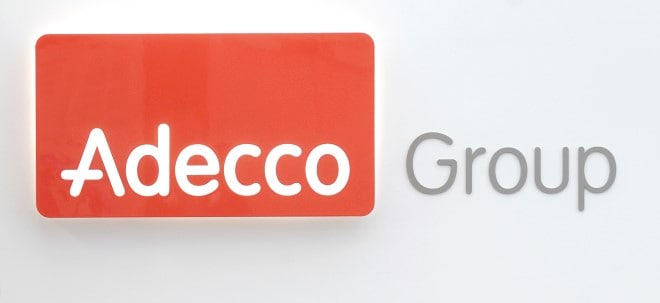China Moly faces hit from export curbs
02/06/2007
China Molybdenum (3993) has been hit by an expanding move to curb exports of the strategically important metal.
China Moly and another firm were Friday added to a Commerce Ministry list of molybdenum and indium firms required to be licensed before they can export.
A total of 48 firms are affected by the move, 18 of which are indium producers.
Market watchers said Friday it was not surprising to see China Moly added to the list as it is the second largest in China, but said its outlook was clouded by the move to cut exports.
Exports accounted for 34.9 percent of total sales in the first half of last year and 51 percent for the whole year.
It will also face greater competition in the mainland from producers without export licenses.
China has the world's biggest deposits, producing 43,941 tonnes last year, up from 29,957 tonnes in 2005.
In January 2005, Beijing set curbs for molybdenum plant expansions and cancelled an export-tax rebate, which was then followed by a 10 percent export tax on ferro-molybdenum starting from last November. Also, a 15 percent export tax was added on many molybdenum products effective Friday.
Nevertheless, exporters believe the domestic market is insufficient to absorb rising production.
"There is a rule of thumb that China wants to export 40 percent of molybdenum output, and keep 60 percent at home, compared with 60 percent exported through 2005," metals consultancy Antaike analyst Xu Aihua said.
China's molybdenum concentrate output could soar this year by 33 percent to reach 130,000 tonnes, equivalent to 58,500 tonnes of molybdenum metal content, she said.
Molybdenum is a metal used to harden steel as well as an alloying element which, used with chromium, enhances corrosion resistance in stainless steel. Indium is a metal used in thin films to form lubricated layers as well as to make alloys with low melting points.
|
 1 |
2 |
1 |
2 |


 Thread abonnieren
Thread abonnieren


